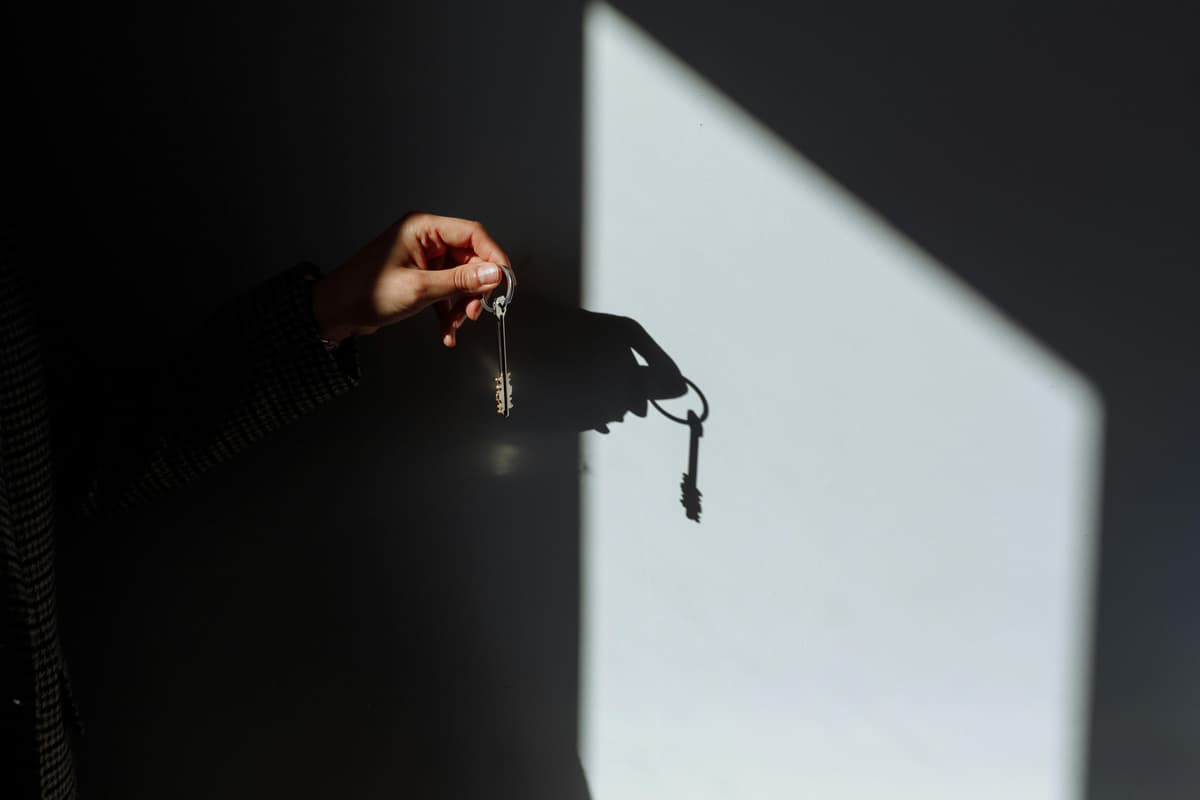By Robert Cumber
If you鈥檙e selling a house which isn鈥檛 your main home, you may have to pay capital gains taxIt is payable on any profit you have made on a propertyCapital gains tax rates and the amount which is exempt have recently changed
If you鈥檙e selling a house in the UK, you may have to pay capital gains tax, which could be a big cost to consider.
You don鈥檛 pay capital gains tax on property if the house or flat you鈥檙e selling is your main home and you have lived there the whole time you鈥檝e owned it, however much it may have increased in value.
The only tax you have to worry about in that case is stamp duty, which can in itself be a sizeable sum, especially for more expensive properties.
But if you鈥檙e selling a property that鈥檚 not your main home or has not always been then you will have to pay capital gains tax if you鈥檙e getting more for it than you paid in the first place.
Capital gains tax rates, and how they have changed
The rates of capital gains tax on property in the UK are 18% and 24%.
This only applies to the profit you have made on a property and not the total price.
That means if you paid 拢200,000 for a house and sold it for 拢250,000, you would only pay capital gains tax on the 拢50,000 you have made.
If you are a lower band taxpayer then you will pay 18% tax on any profit until it takes you into the higher tax band, after which you will pay 24% on the rest.
If you鈥檙e a higher band taxpayer then you will pay 24% on the full profit.
The higher rate of capital gains tax on property was reduced in April 2024 from 28%.
There is an annual exempt amount of 拢3,000 below which you do not have to pay capital gains tax. This has reduced in recent years, from 拢12,300 in 2022/23 and 拢6,000 in 2023/24.
How long do you have to have lived in a house to avoid paying capital gains tax?
If you have not lived in the home you are selling as your main home for the whole time you have owned it you may have to pay capital gains tax, though you could be entitled to some private residence relief.
The relief you get depends on when you lived there and what you used that property for.
You need to work out when you lived in your property as your main home. If you鈥檙e married or in a civil partnership, only one home per couple counts as your main home at any given time.
If you make a 拢100,000 profit selling a house which you have owned for 20 years but lived elsewhere for five of those years, you would get relief on 75% of the gain you have made, which is 拢75,000.
If you never lived in the part of your home you let out or used only for business you don鈥檛 get relief on that part, but if you did you get relief for the last nine months you owned the property and any time you didn鈥檛 let it out or use it for business.
Letting part of a property out does not include having a lodger, and using a room as a temporary or occasional office does not count as exclusive business use.
You can find out here if you鈥檙e eligible for private residence relief.
When else do you not have to pay capital gains tax?
You will usually have to pay capital gains tax if you make a profit when selling buy-to-let properties, business premises, land or property you have inherited.
But you do not usually need to pay tax on gifts to your husband, wife, civil partner or a charity.
If the property was occupied by a dependent relative you may not have to pay capital gains tax.
You may get tax relief if the property you are selling is a business asset.
If inheriting a property means you own two properties, you must tell HMRC within two years which is your main home.
How long do you have in which to pay capital gains tax?
You must report and pay any capital gains tax on sales of UK property within 60 days.
If you need help working out your tax, you can find more information here.
馃彔 Whether you鈥檙e planning to move or just curious what your home is worth, Purplebricks offers free valuations and fixed-fee selling support from local experts.
馃憠 Request a valuation or browse current listings in your area.
